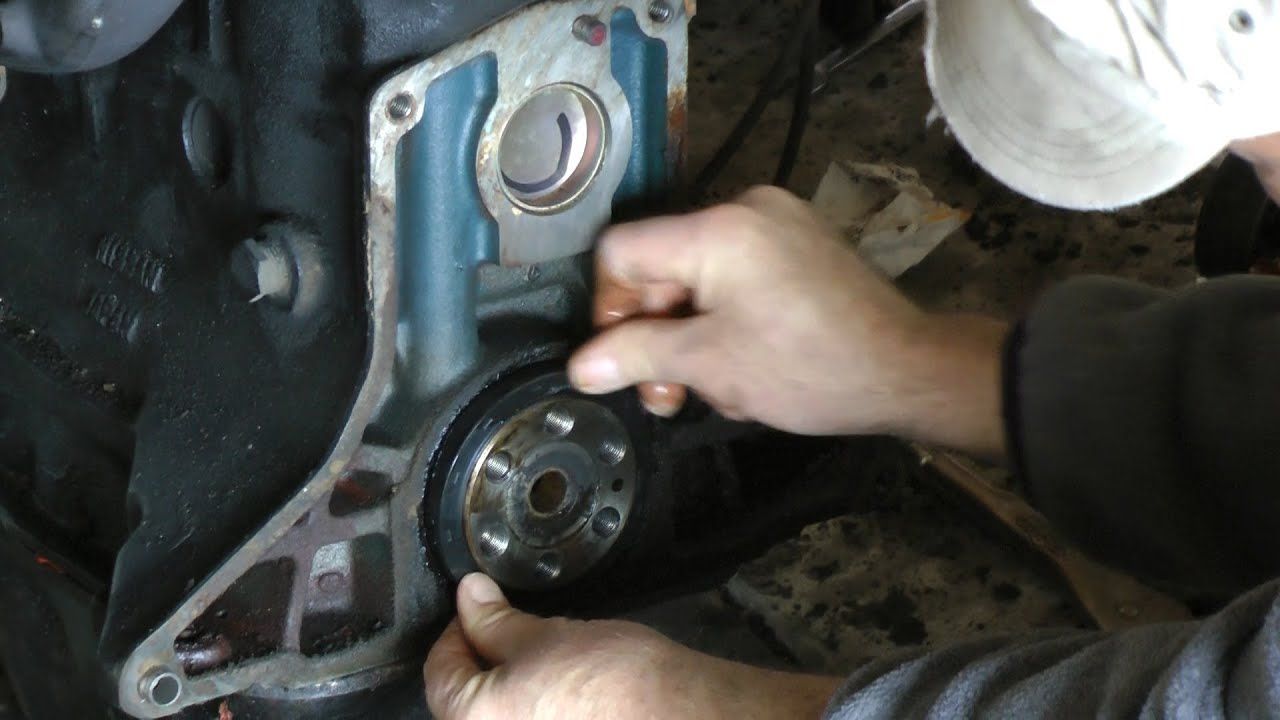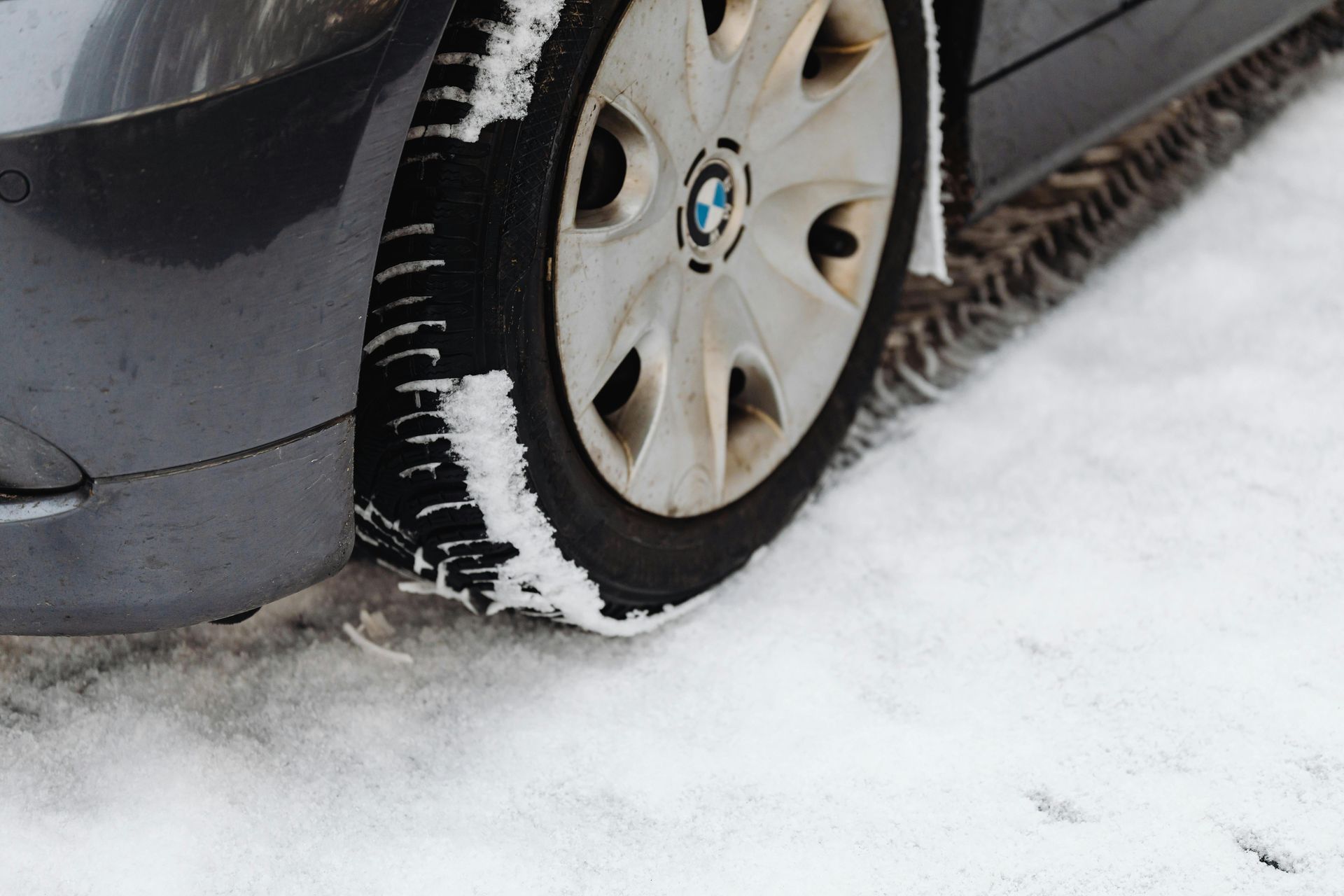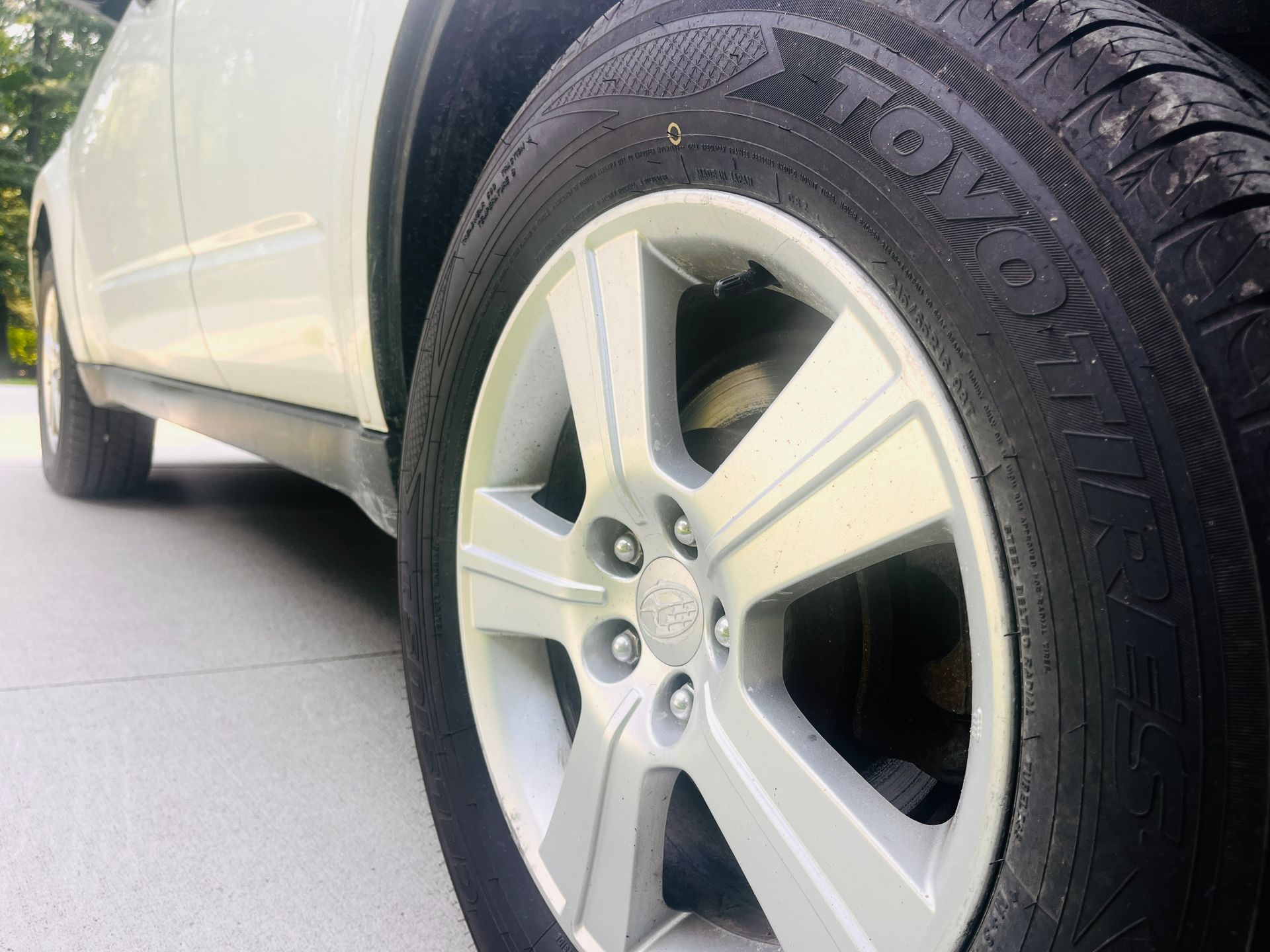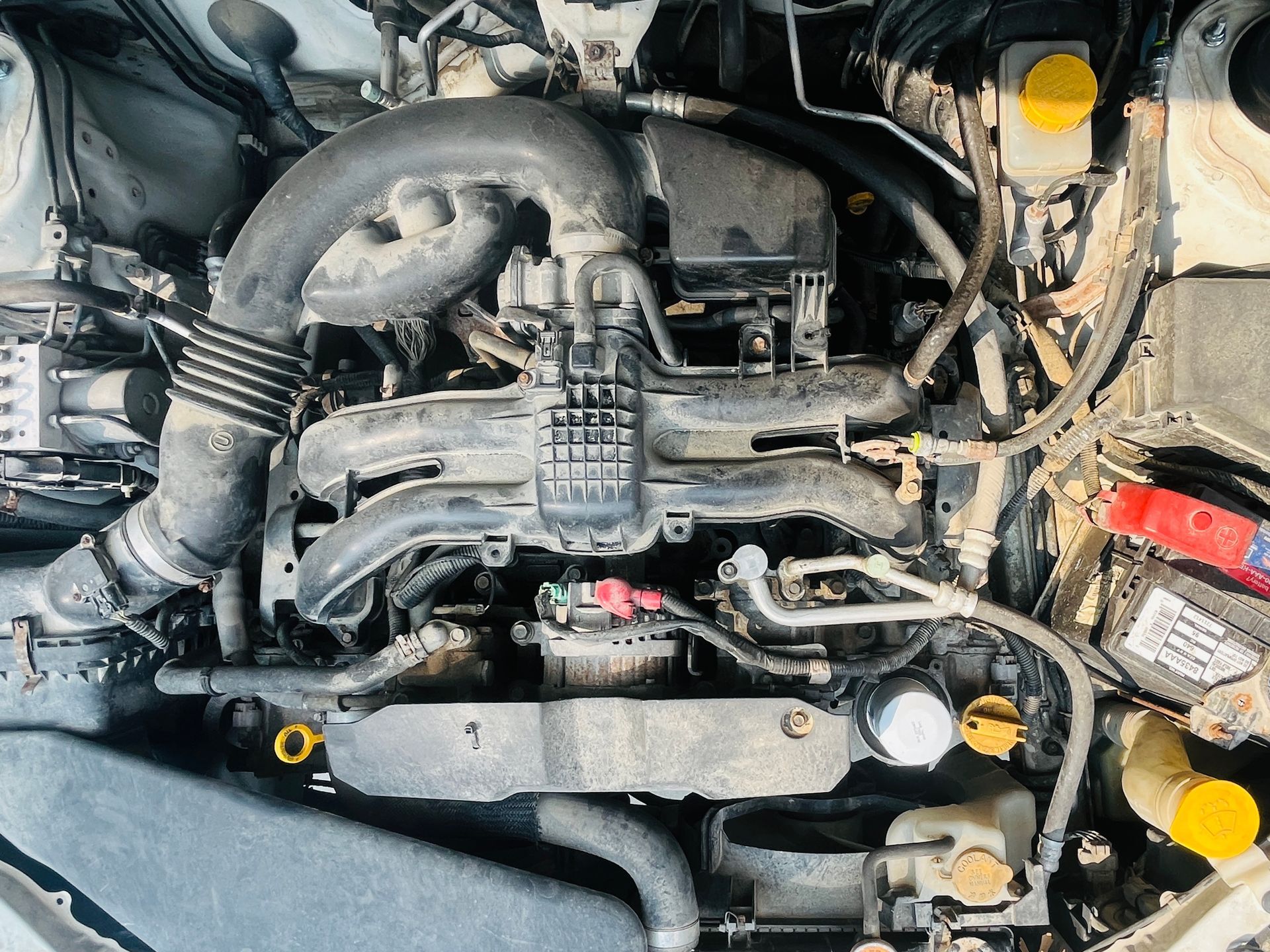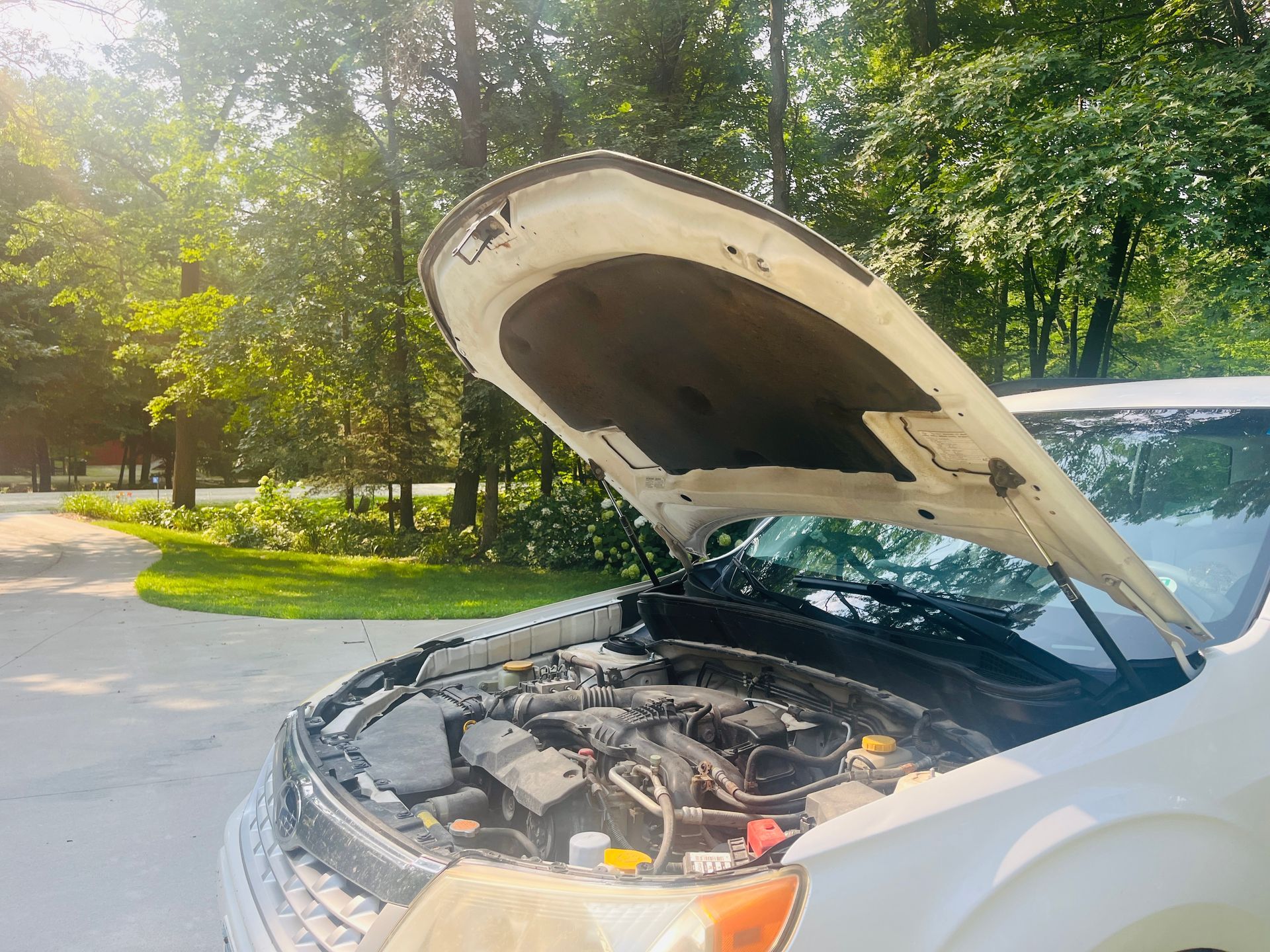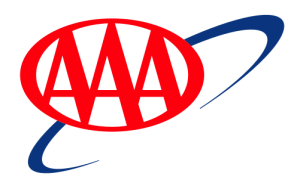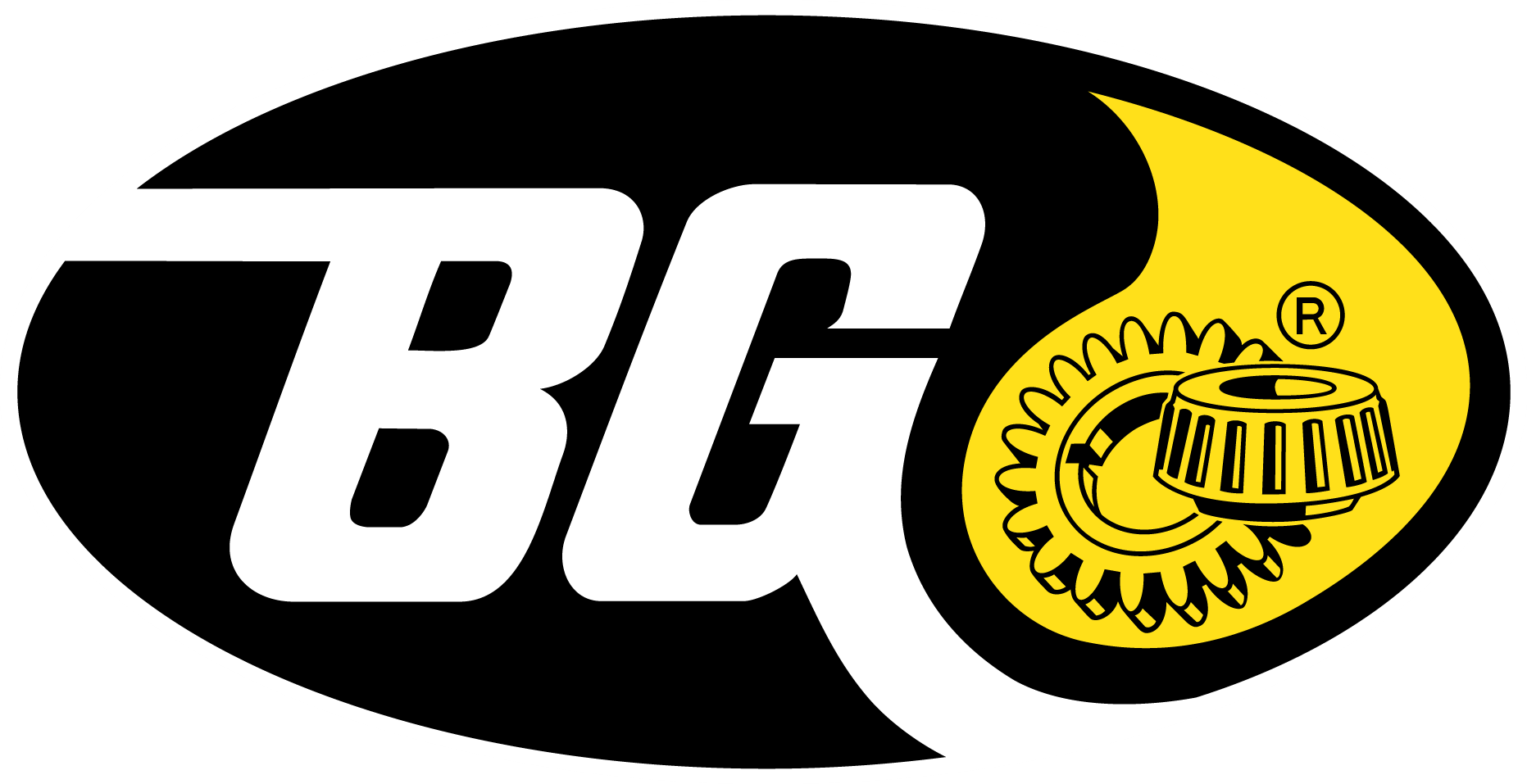Call us: (507) 226-8330
The importance of fluids and flushing
January 3, 2013
Do you ever get so busy in your day that you forget to drink water? And then, when you consider why you are so thirsty you realize the only thing you drank all morning was a cup of coffee? That's how I am. In fact, after the big ol' kidney stone I had a year ago, I've made a concerted effort to increase my water consumption significantly.
Water for your body is like the different fluids for your vehicle! Yes, one of the most forgotten elements of your vehicle is also one of the things many of us forget most with our bodies - the importance of fluids. Every cell in your body needs water from head to toe - two-thirds of your body is made up of water!
Similar to your body, fluids also play a major role in the proper function of your vehicle. Keeping them clean and fresh enables your vehicle to last longer, perform better and helps to decrease chances of costly repairs.
So let's move forward and talk about the exciting topic of fluids: fuel, oils, coolant, transmission, power steering and brake. Gee whiz, did you know there are that many? Do you check them and change them regularly? There are so many things to discuss here that this article is shaping up to be multi-faceted and may take a couple months to cover everything. Let's start with an overview and get more in-depth in the months to come since winter is here and all fluids need to be considered as soon as possible.
fuel
We've seen gas prices under three bucks in the last month! Can I hear a "hoot-hoot"? Surely this gives us a bit of reason to celebrate and remember to fill up. When do you fill up? When your tank is empty? When it's convenient? Don't let your tank go empty - fill up at one-fourth of a tank. It's better for your vehicle in so many ways - it prevents moisture from potentially freezing the gas line, decreases the chances of running out of gas due to unexpected traffic or weather related issues and it's better for the health of your fuel pump. Have you ever considered a fuel system cleaning? There are several components of the fuel system - having them professionally cleaned on a regular basis will keep your vehicle in optimal health.
oil
What kind or oil are you using? Have you considered switching to synthetic for the winter months? Though it's more expensive, the benefits and long-term savings far outweigh the up front cost. Check out my article titled "The Dreaded Oil Change" on our website for more details on how synthetic oil can benefit your vehicle in the winter months!
And what about differential oil? Have you ever changed that? It is perhaps one of the most forgotten fluids in a vehicle. The differential is the part of the vehicle that transfers power from the front of the vehicle to the rear wheels. The high stress gears inside the differential are lubricated with oil and no filtering system. Flushing this oil on a regular basis is extremely important to the health of your rear end!
coolant
Before I knew anything about cars, I thought coolant is what keeps you cool and had everything to do with air-conditioning in the summer months. This is FAR from the truth. The cooling system of your vehicle has nothing to do with how cool you are and everything to do with the temperature of your engine. Coolant, or antifreeze, is the critical fluid that protects an engine from overheating, freezing, rust and corrosion. It also lubricates the water pump. Over time, antifreeze will break down and lose its ability to provide proper engine protection. A cooling system flush is designed to clean out corrosion and contaminants while replacing the antifreeze. This helps your vehicle run cooler, restores freeze protection, prolongs the life of the water pump and protects the radiator, heater core and other internal engine components from corrosion.
transmission fluid
What is transmission fluid? How does it work? Transmission fluid lubricates, cools and cleans components of your vehicle's transmission. When your vehicle is operating, the fluid is circulated through the transmission. Over time, this fluid breaks down due to use and heat, thereby reducing its effectiveness and placing your transmission at risk of failure. A transmission flush removes virtually 100 percent of the old fluid and replaces it with fresh, new fluid. Have you ever had a transmission flush? Keeping this on your maintenance schedule will lengthen the health of your vehicle's transmission.
power steering fluid
Compared to other parts of the vehicle, the power steering system uses a relatively small quantity of fluid to perform a large amount of work. The power steering fluid deteriorates and becomes contaminated over time. A power steering flush will clean the power steering system, removing sludge and contaminates while replacing the old fluid with new. Proper protection and lubrication will be restored with this flush.
brake fluid
Brake fluid is one of the most neglected fluid, yet is vitally important for safe driving. Brake fluid attracts moisture and starts to absorb it from the moment it is put in the system. This will cause corrosion in the system over time and deterioration in the hydraulic parts. Changing the brake fluid at regular intervals will reduce the risk associated with this corrosion. Again, a brake fluid flush is recommended at regular intervals.
when to flush
As with any maintenance service, it is important to consult your owner's manual or talk with the experts at your auto-home to understand when to perform these flushes. In general, the flushes mentioned here should be performed every 30,000 miles at minimum. However some vehicles may require this sooner and some can go a little longer. The important thing is that they are getting done at regular intervals.
My advice: Drink water and flush regularly!

